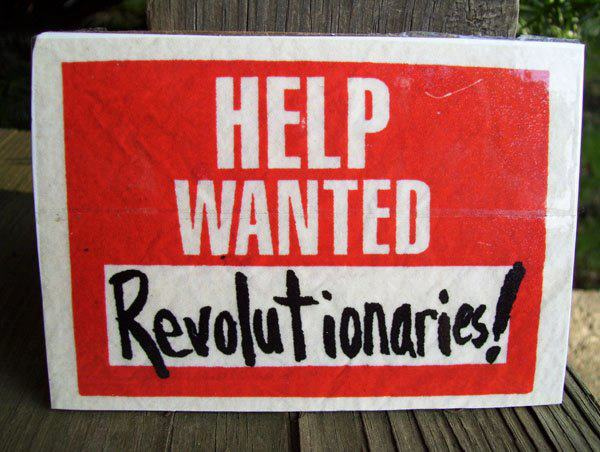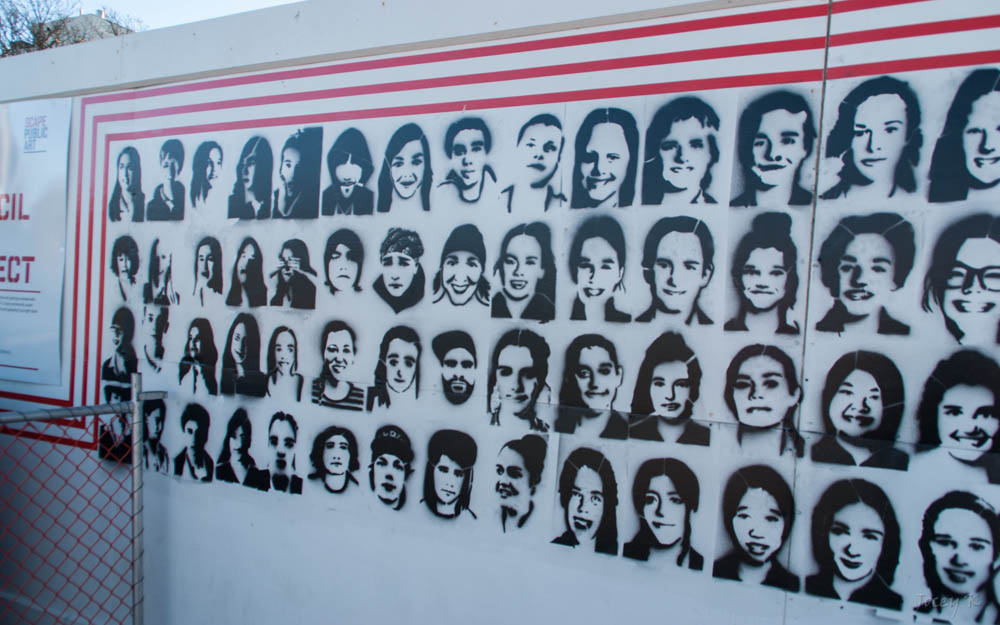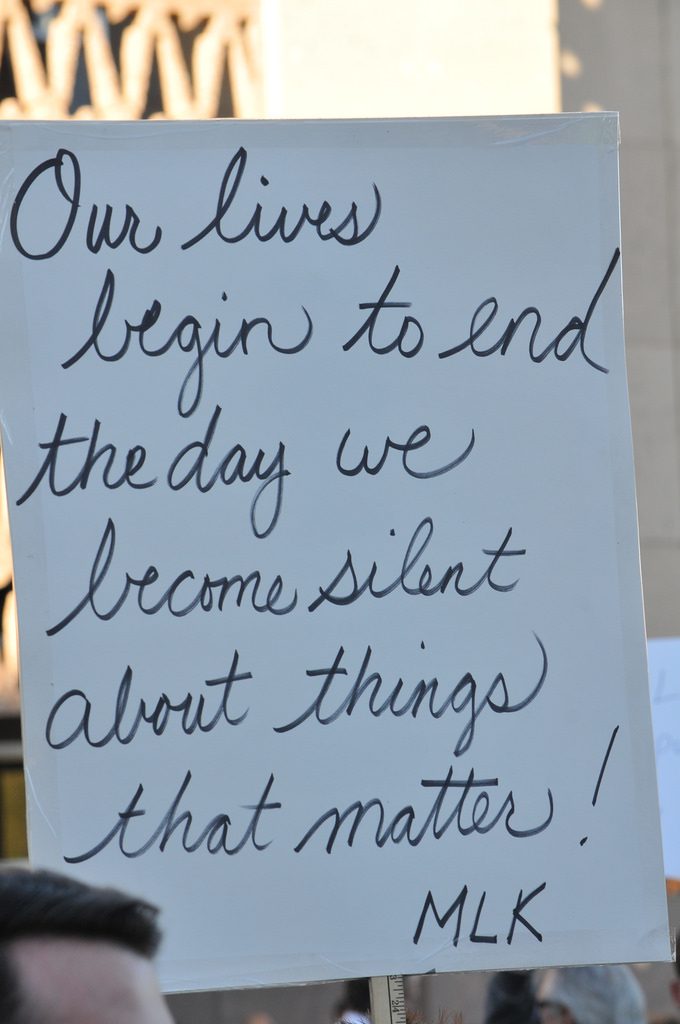
As I sat in a fancy hotel surrounded by adults, the question arose as to how big of an invitation has been given to teenagers to become involved in being creators of change. There were two other teenage girls in the room, also on work experience, in many ways we had invited ourselves to that discussion on how change happens. In a similar way, we must invite ourselves to be those creators of change – That’s the thing about us teenagers, we have a way of sneaking in places you’d never expect! Activism is defined as “Using vigorous campaigning to bring about political or social change”. Change is often a journey as, in my opinion, is activism.
So, from my modest perspective, here are five ways to begin that journey.

1. Educate yourself: Learn as much as you can about the issues you care about. Read books, search websites and talk to other people. Think of yourself as a detective trying to find every piece of information you can, it will help you form your own opinions and make you more aware of other issues. Also, try to learn about what’s happening in the world at present, the news is a vital tool in your activist kit.

2. Get involved: Even if you feel like you don’t know enough or that you’re inexperienced, everyone has to start somewhere. Join a youth group working on certain issues or even better, start one! Volunteer with a charity working on local or global issues. Even sign an online petition, or follow a Twitter page, social media is your best friend as a modern activist. Find out how you can get involved, once you make that step you won’t be able to look back.

3. Be Driven: Find out about causes you’re passionate about and support them as much as you possibly can. If you don’t think there’s any sort of group or activists out there that are doing what you’re interested in make your own. How and why you become involved to make change is completely up to you. When you have begun to get involved, make sure to remind yourself why and stay motivated!
4. Talk to other activists: Whether this means following a lifelong activist on Twitter, or simply talking to a local youth worker who is interested in the same issues as yourself, talk to other young people, tell them what you’re doing and why you’re doing it, get them involved. Finding out the ‘hows’ and ‘whys’ of others creating change is a vital part of learning for any activist.

5. Repeat: As I’ve already said staying motivated is imperative in making any kind of change, but if you’re passionate about what you’re doing, this shouldn’t prove too difficult. Try find some time to stay on top of different projects that may be happening. It can be hard to balance but it’s so worth it when you realise you have the ability to make a difference.
I had never really considered myself to be an activist, sure I’m involved with youth politics, youth groups working for social change and the odd community project. But, an activist? I didn’t think so. What I learnt on my week of work experience with 80:20 Educating and Acting for a Better World is that in fact most of us are already activists, we just need a bit of a push sometimes. Do you only buy fair trade bananas? Consider yourself an activist. Have you ever signed an online petition that affected change? You’re most likely an activist. Ever done a project on human rights? Activism at its finest. In today’s fast paced world activism comes in all shapes and sizes, most of the time you don’t even realise it’s happening. Thanks to social media and our generation, everyday activism is a beautiful thing and I really hope it continues to shape and create change for many generations to come.
I will finish with one of my favourite quotes that a fellow activist shared with me.
“Never doubt that a small group of thoughtful, committed citizens can change the world indeed it’s the only thing that ever has” – Margaret Mead
This blog is a reflection from Tara Hoskins having spent a week with 80:20 Educating and Acting for a Better World as part of her TY work experience in February 2017.


